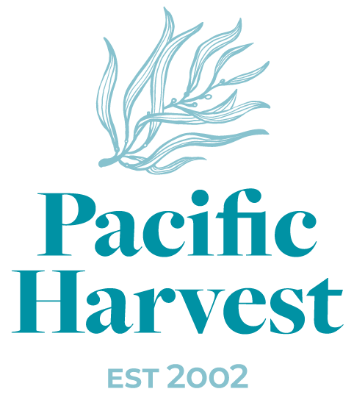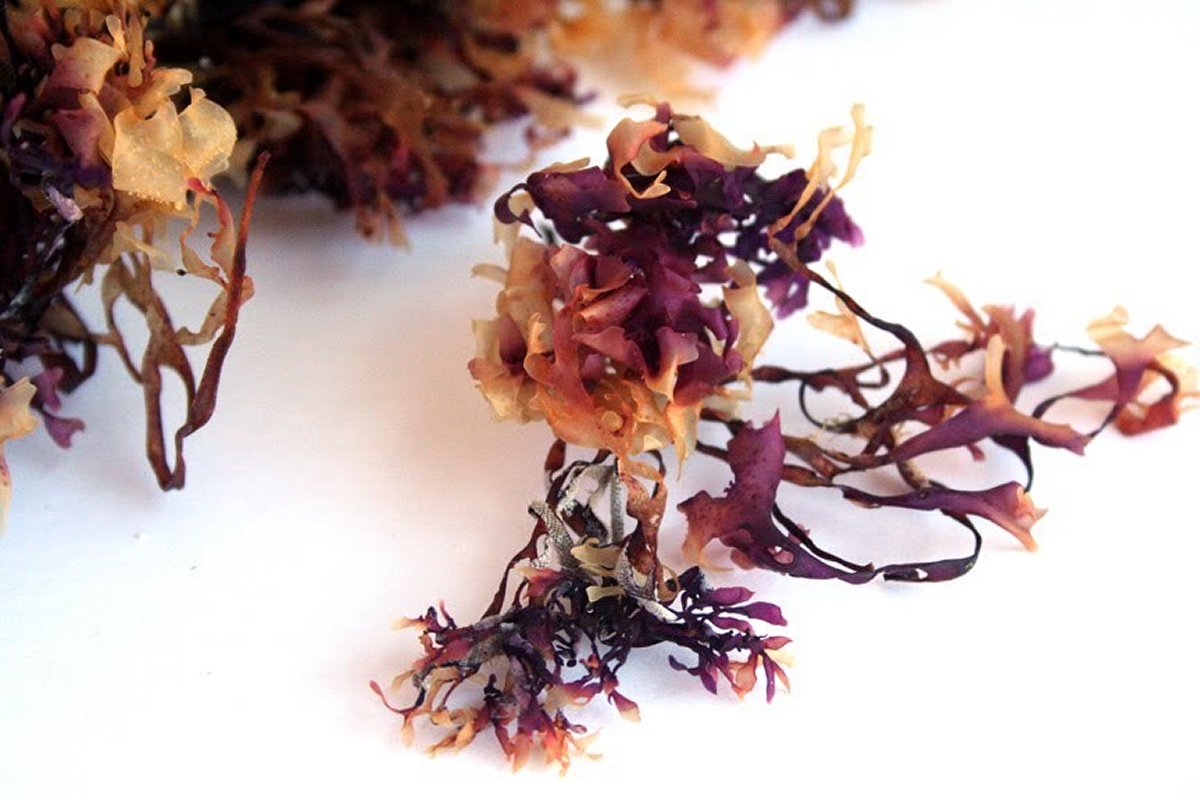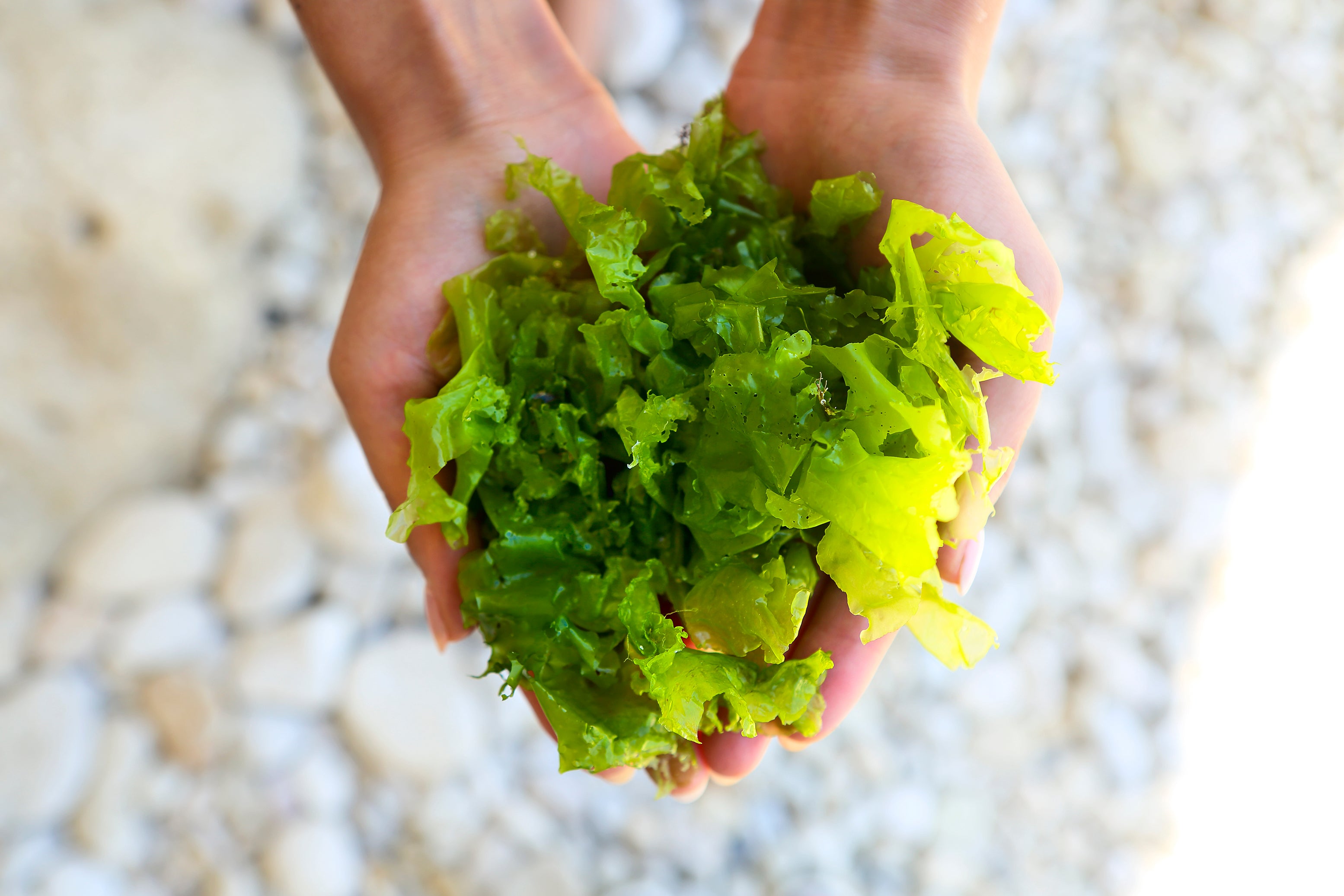The health benefits Irish Moss (also known as Sea Moss) offers are extensive. This red marine algae has extensive medical and cosmetic applications, some of which have been used since the 1830s – we’d call that tried and tested! Read about the range of ailments it can help to soothe and the extensive mineral credentials this incredible seaweed has.
What health issues can Irish Moss help to soothe?
Irish Moss can have a remarkable impact on overall health and is commonly used to nourish and boost immunity. In traditional or holistic medicine, this seaweed is also most commonly associated with having a positive effect on the following key health issues:
- Respiratory illness - bronchitis, coughs, colds, Tuberculosis & viruses
- Weight loss
- Heart health
- Stabilising blood sugar
Irish Moss & Respiratory illness
Irish Moss has been celebrated for centuries in Ireland for its soothing influence on the body’s mucous membranes. It is still being used in Ireland to make traditional medicinal teas and cough medicines to fight colds, bronchitis and chronic coughs. This softening quality is known as ‘demulcent’ and has traditionally been used to help many respiratory conditions such as pneumonia, bronchitis and tuberculosis. It is used as an expectorant that can relieve dry coughs, and its rich mucilage content (which gives it its characteristic fleshy constitution) makes it an effective treatment for mucus buildup and sore throats.
Irish Moss and Weight Loss
Irish Moss has also been associated with weight loss. This seaweed's naturally occurring high iodine content supports thyroid health, promoting healthy metabolism.
Like many other seaweeds, Irish Moss contains very few calories, and no fat, and its fibre provides a feeling of fullness. Dietary fibre absorbs water from the small intestine and encourages a feeling of fullness, which inhibits overeating.
The fibre in Irish Moss also has a mild laxative effect which can help constipation by flushing accumulated matter from the colon.
Irish Moss and Heart Health
Omega-3 fatty acids are essential for a healthy heart, and many seaweeds, Irish Moss included, contain these crucial elements in healthy ratios. Fish are known to be a source of fatty acids, and guess where they get them from – seaweeds! This means the benefits of a healthier heart can be achieved without eating fish, which is particularly good to know if you follow a plant-based diet.
Irish Moss – Stabilising Blood Sugar
Irish Moss contains a pigment called fucoxanthin, which can act as an antioxidant for humans. Studies have shown that fucoxanthin can potentially prevent lifestyle-related diseases such as diabetes, cancer, cardiovascular disease and other chronic disease, as well as obesity.
A literature review will also find references to Irish Moss's positive effects on lung conditions like bladder and intestinal disorder, halitosis (bad breath), glandular problems, swollen joints, tumours, ulcers and thyroid conditions.
What Nutrients, Minerals and Trace Elements are Present in Irish Moss?
Whilst mineral content can vary on several factors, Irish Moss contains nearly 10% protein and about 15% mineral matter. It is rich in many nutrients and is said to have 15 of the 18 essential nutrients and minerals human bodies require for optimal health, including calcium, iodine, sulphur, magnesium and potassium, as well as vitamins A, D, E, F and K. Compositional studies have shown Irish Moss to contain: Phosphorous, Manganese, Selenium, Pectin, Bromine, Sulphur compounds, various amino acids such as taurine and protein. Key highlights would include Irish Moss:
- Offers an excellent source of iodine. Iodine is needed for proper thyroid function, and since the soils are now so depleted, sea vegetables offer an excellent source of iodine
- Can contain up to 41% of our RDI (recommended daily intake) of magnesium, a critical mineral cofactor in more than 300 enzyme systems that regulate diverse biochemical reactions in the body. This includes protein synthesis, muscle and nerve function, blood glucose control, and blood pressure regulation. Magnesium helps the body to absorb calcium more efficiently, which is essential to build bones and helps to prevent osteoporosis.
- Can also offer a source of Iron. Iron helps to build haemoglobin in our red blood cells, which in turn carries oxygen from our lungs to our body’s cells,
- Can offer a source of B vitamins – especially riboflavin (B2) and folate (B9). Our bodies need vitamin B2 to help break down proteins, fats and carbohydrates. Vitamin B plays a vital role in maintaining the body’s energy supply. We need folate to make DNA and other genetic material, but combined with vitamin B12, folate helps create normal red blood cells.
The mineral density in this seaweed can help strengthen connective tissue and cartilage and reduce inflammation of the joints. It's also soothing to the digestive tract as it lubricates mucus membranes and can be used as a mild laxative.
The seaweed also provides a ‘time released’ energising fuel source, providing long-chain polysaccharides that help to deliver nutrients over a longer period of time for a slower and more sustained nutritional uptake.

The mineral and nutrient density of Irish Moss is quite astounding, and it’s no wonder it has so many health associations. Get started today!
Read more about Irish moss, how to make the gel and all the ways to use it in your everyday life.
Disclaimer: This material is provided for educational purposes only and is not intended as a substitute for professional medical advice, diagnosis, or treatment. This information may not include the very latest research. We encourage you to do your own research and discuss your findings with a qualified health practitioner who can help you validate the outcomes in the context of your specific & individual health situation.




